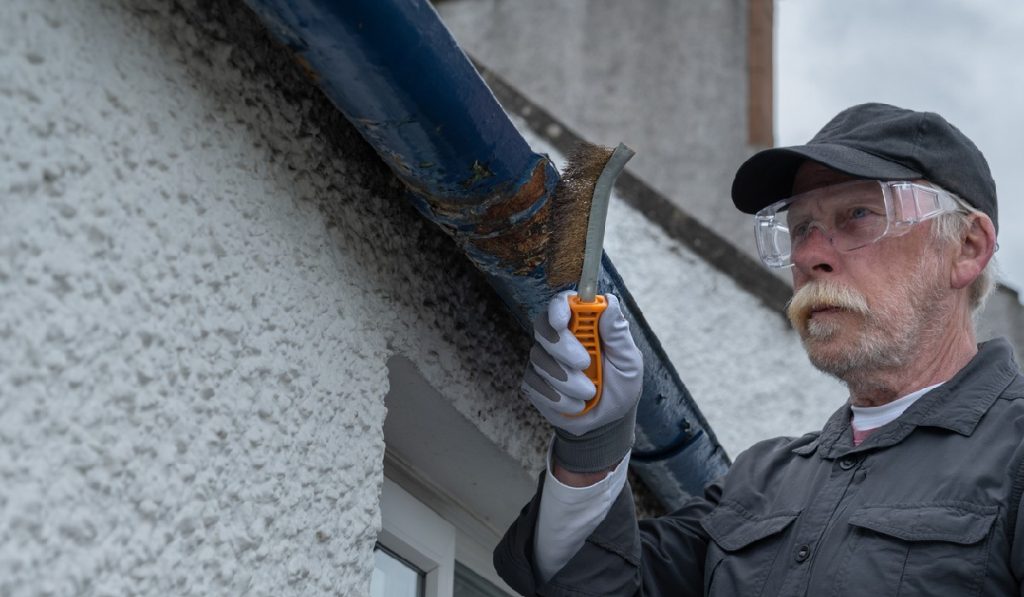Good as New: 3 Ways To Remove Rust From Tools

If you’re a handyman, you know rust is a tool’s worst enemy. Rust can cause your tools to become dull, nonfunctional, and even dangerous to use. While it’s inevitable that tools will rust over time, you don’t have to simply sit by and watch your tools corrode. In this post, we’ll discuss three methods you can use to remove rust from your tools and restore them to their original luster.
We’ll discuss the most efficient and effective ways to remove rust without damaging your tools, and what materials you’ll need to complete the job. If you don’t want to spend your time and money replacing rusty tools, read on to find out the top-rated ways to get them looking like new again.
What Is Rust?
Rust is the product of oxidation that occurs on metal tools due to exposure to water and oxygen. Rust is a form of corrosion that can make tools unusable if not taken care of. Left untreated, rust will spread across surfaces, making the tool too pitted or damaged for use.
Top Techniques for Removing Rust
Home Ingredients
Soaking metal tools in white vinegar overnight will help break down rust bonds and help dissolve them from the metal surface. Once removed, you may need a wire brush for stubborn spots. If vinegar doesn’t work, you can always try baking soda. Baking soda reacts with the rust and breaks it down into smaller pieces which can then be wiped away. Dissolve baking soda in a little water to create a paste and spread it over the rusted area. Let it sit for 30 minutes before wiping it away with a cloth or sponge.
Chemical Methods
Muriatic acid is an effective way to remove rust from metal surfaces but should be used carefully because of its corrosive nature. Make sure that you wear protective gloves, goggles, and preferably a respirator while working with muriatic acid, and follow all safety precautions recommended by the manufacturer when using it.
A rust converter is another chemical you can use to remove rust from your tools without damaging the surrounding area. It works by converting the rust into an inert compound that can be washed off easily with water and does not require any specialized equipment or harsh chemicals for removal.
Scrub It Off
You can use aluminum foil and a little elbow grease to scrub away the rust on tools. Soak the foil in water, then wrap it around the rusty area before scrubbing with vigorous motions to remove the rust particles.
You can also use sandpaper to remove rust from metal surfaces, although this method can take more time than other methods. Start by using coarser grits, such as 120-grit sandpaper, and gradually move up to finer grits until all traces of the rust are gone from the surface of the tool.
Rust Prevention
Once you’ve removed all traces of rust from your tools, it’s important to prevent them from getting rusty again in the future. The best way to do this is by storing them in a dry place, such as a rolling tool chest or toolbox, where they won’t be exposed to moisture or humidity, which can cause rust.
Conclusion
Rust can devastate any handyman’s toolbox, but luckily there are several ways to remove rust and restore your tools to their former glory. In this post, we discussed three of the best methods for removing rust from your tools, ranging from natural remedies such as vinegar and baking soda to industrial solutions like muriatic acid and rust converters. Taking the time to properly remove rust from your tools will not only save you money on replacing them but also help ensure that they stay in working condition for years to come.
